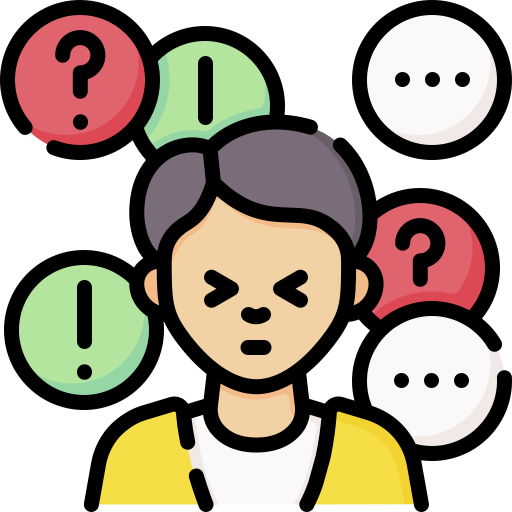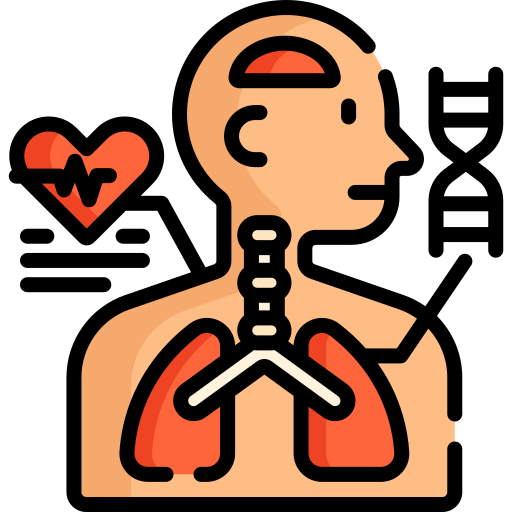Have you ever found yourself in a distressing situation where your heart is pounding, you have difficulty breathing, you can't stop worrying, or you feel like you're losing control?

Anxiety attacks and panic attacks are disruptive and scary experiences. They have several psychological and physical symptoms in common, but they are separate conditions.
Knowing the difference between anxiety attack vs panic attack is the first step in seeking treatment options to reduce or eliminate the symptoms.

What Is An Anxiety Attack?
Anxiety is your body’s natural response to danger or threat — whether real or perceived.
It's normal to experience some degree of anxiety in countless situations throughout life. A first date, job interview, work presentation, or even a scary movie may make you feel nervous and fearful.

While "anxiety attack" isn't a clinical term, it is commonly described as a feeling of overwhelming apprehension, worry, distress, or fear.
If the anticipation of something builds up and the amount of stress reaches a level where it becomes overwhelming, it may feel like an "attack".
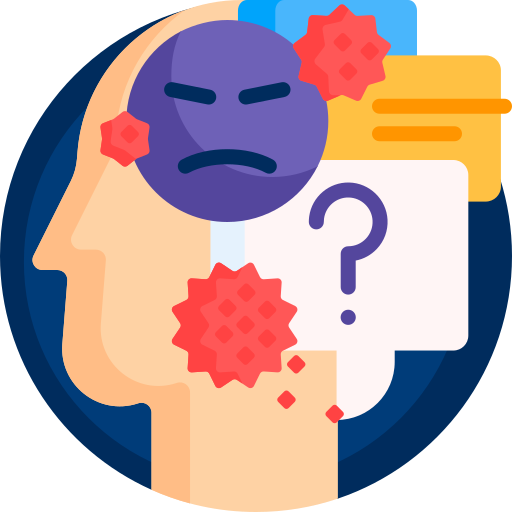
Did you know?
Symptoms of Anxiety Attacks
Anxiety attack symptoms vary in intensity, from mild to severe. Psychological and physical symptoms may differ among individuals, and symptoms can also change over time.
Anxiety attack symptoms tend to last longer than a panic attack, often building over hours, days, or months.
Psychological Symptoms
easily startled
fear
irritability
difficulty focusing
restlessness
worry
Physical Symptoms
chest pain, heart palpitations & an increased heart rate
chills or shaking
dizziness, headache with nausea
fatigue, numbness, or hot flashes
shortness of breath, dry mouth or throat tightness
Did you know?
What Is A Panic Attack?
A panic attack is a sudden, intense, and overwhelming feeling of fear or dread that has no obvious cause.
Panic attacks are typically short, reaching their peak in less than 10 minutes. An attack usually lasts anywhere from a few minutes up to 30, though repeated attacks can recur for hours.

Anxiety attacks vs. panic attacks:
Panic attacks can happen to anyone, but they're mainly associated with panic disorder — repeated attacks that you don't expect, or having a persistent fear of oncoming panic attacks.
Did you know?
Subscribe for more quick bites of learning delivered to your inbox.
Unsubscribe anytime. No spam. 🙂
Symptoms of Panic Attacks
Panic and anxiety attacks share many psychological and physical symptoms, making it difficult to tell the difference between them.
However, panic attacks have some distinct symptoms, such as:
detachment from surroundings (derealization)
detachment from yourself (depersonalization)
fear of dying or losing control
feeling like you’re going “crazy”
Thankfully, you may eventually begin to recognize your triggers and be prepared if you suffer from frequent panic attacks.
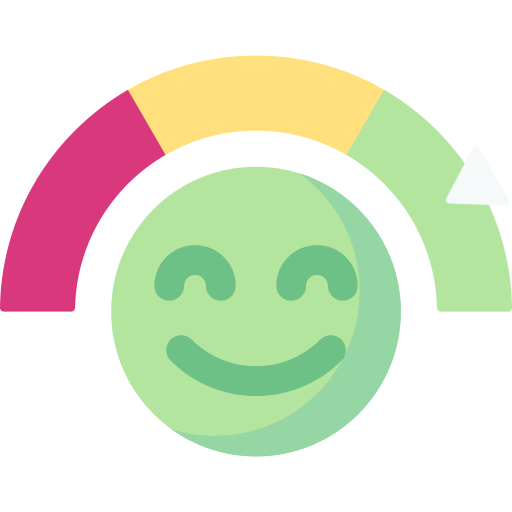
Did you know?
The Bottom Line: Anxiety Attacks vs. Panic Attacks
While anxiety and panic attacks have many of the same signs, they differ in intensity and duration.
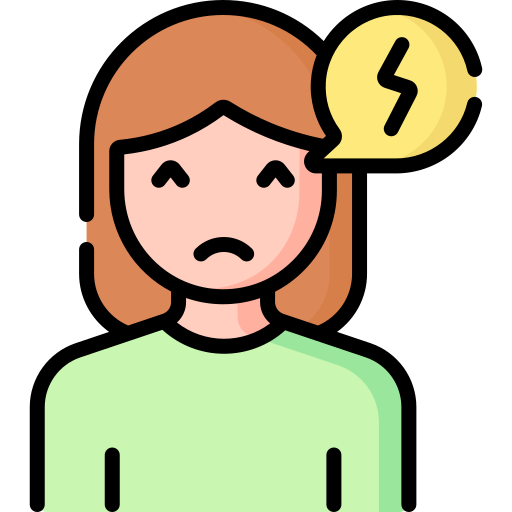
Anxiety attacks:
are a response to a known trigger.
include distinct symptoms such as apprehension and worry.
symptoms may be persistent and lasting days, weeks, or even months.

Panic attacks:
usually happen without warning or an obvious trigger.
tend to be more intense and include symptoms such as extreme fear and a sense of detachment.
tend to be short in duration.
it’s possible to get several panic attacks in a row.
Quiz
Claudia is in distress. She is sweating, having difficulty breathing, and her heart is beating rapidly. She is about to meet her girlfriend's parents for the first time. What is Claudia likely experiencing?
Take Action
Regardless of the cause, anxiety attacks and panic attacks are treatable. There are strategies and treatment options to reduce or eliminate symptoms, regain your confidence, and take back control of your life.

Your feedback matters to us.
This Byte helped me better understand the topic.

